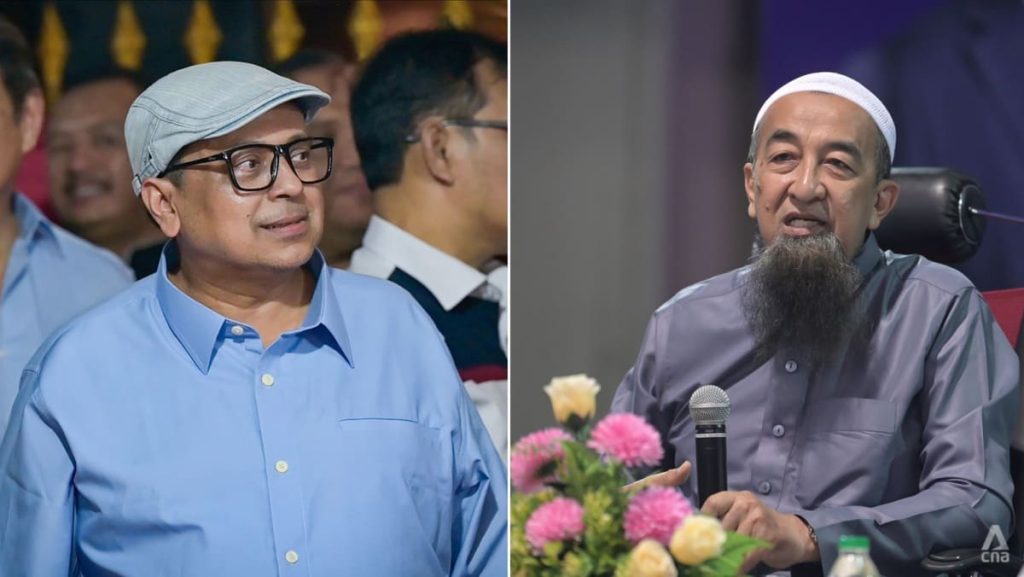Indonesian preacher Ustaz Haikal Hassan used social media to share his political leanings during the recent elections, despite initially intending to only preach motivational content. He felt compelled to be politically involved due to the polarisation in society, particularly during the Jakarta gubernatorial election in 2017. Haikal showed his support for Prabowo Subianto, who eventually won the presidential election after three attempts. He believed that Prabowo was the right person to lead Indonesia and continued to express his political views during the campaign.
The 2019 presidential and legislative elections, as well as the 2017 Jakarta gubernatorial election, were marred by identity politics. Haikal felt a calling to support Anies Baswedan over Basuki Tjahaja Purnama during the gubernatorial election due to his faith. He continued to be politically vocal in 2019, advocating for Prabowo as the ideal leader for Indonesia. Despite Prabowo’s loss to incumbent President Joko Widodo, Haikal remained active on social media, expressing his views and preparing to critique Prabowo if his actions do not align with Islamic teachings.
Haikal acknowledged the power of social media in reaching a wider audience compared to traditional forms of preaching. While he would typically reach about 500 people in a mosque, social media allowed him to connect with millions of followers. Through his online presence, Haikal was able to share his thoughts on politics and current events, including his support for Prabowo and his willingness to criticize him if necessary. He believed that social media provided him with a platform to engage with people beyond his local community and spread his messages more effectively.
The influence of social media on Indonesian politics has been significant, with figures like Haikal leveraging their online presence to promote their political beliefs. The use of identity politics in elections has led to increased polarisation in society, prompting individuals like Haikal to take a stand and express their views openly. Despite the challenges of navigating the intersection of religion and politics, Haikal remained committed to using his platform to spread his message and engage with his followers. His willingness to critique political leaders, even those he supports, demonstrates his commitment to upholding Islamic principles and values.
Going forward, Haikal plans to continue using social media as a tool for preaching and sharing his political views. He sees the platform as an opportunity to connect with a broader audience and engage in discussions on important issues. While he remains supportive of Prabowo as Indonesia’s next president, he also remains vigilant and ready to voice his criticisms if needed. Haikal’s use of social media as a means of communication and advocacy reflects the growing importance of online platforms in shaping public discourse and influencing political outcomes in Indonesia. Through his online presence, he has been able to amplify his voice and reach a wider audience, contributing to the ongoing evolution of Indonesian political and social landscape.


